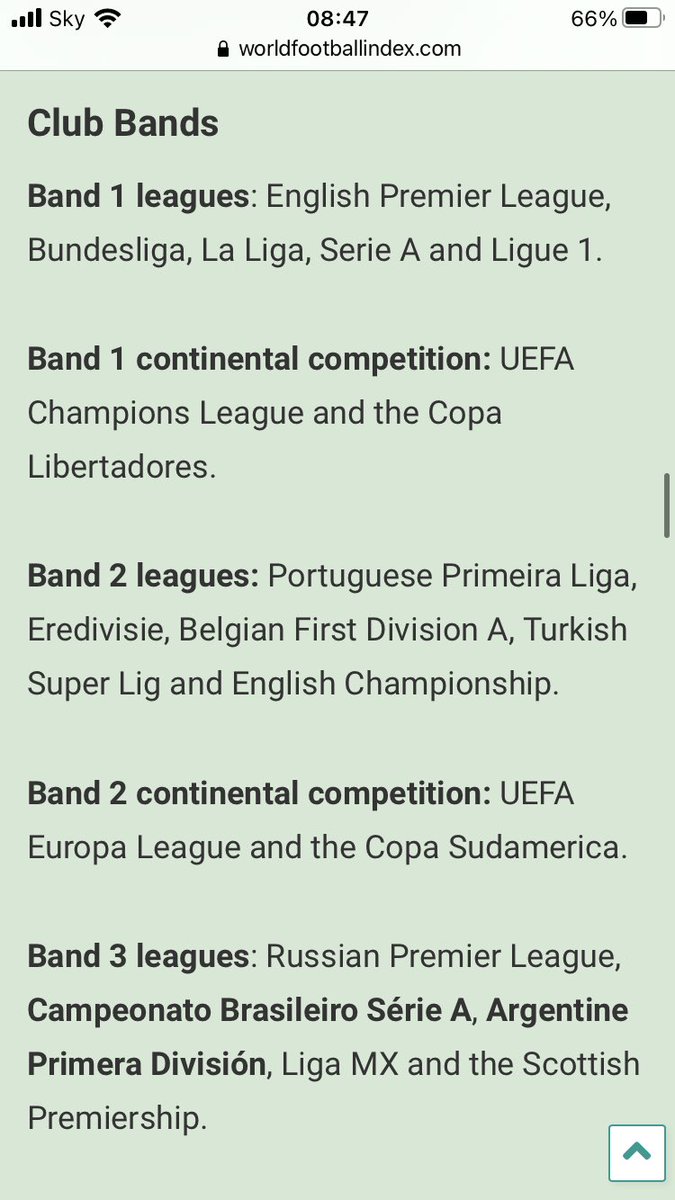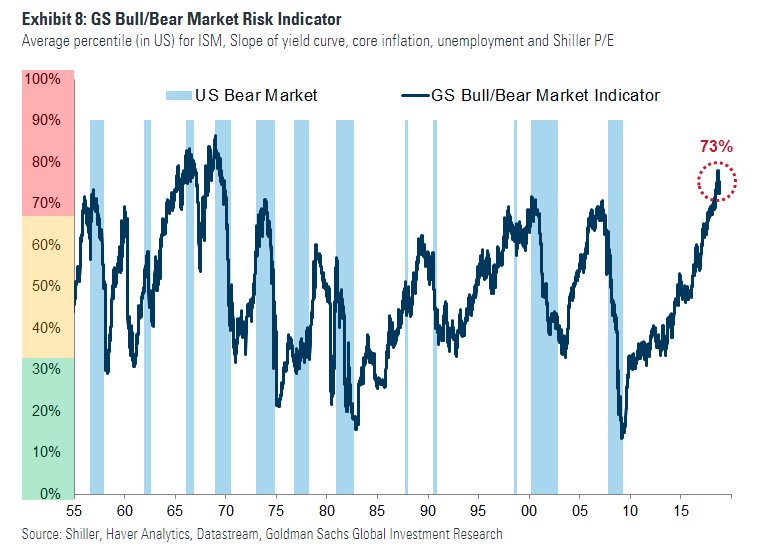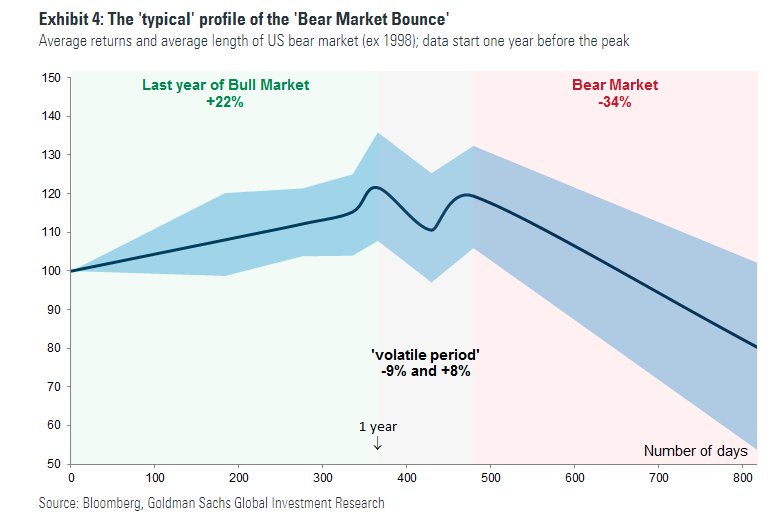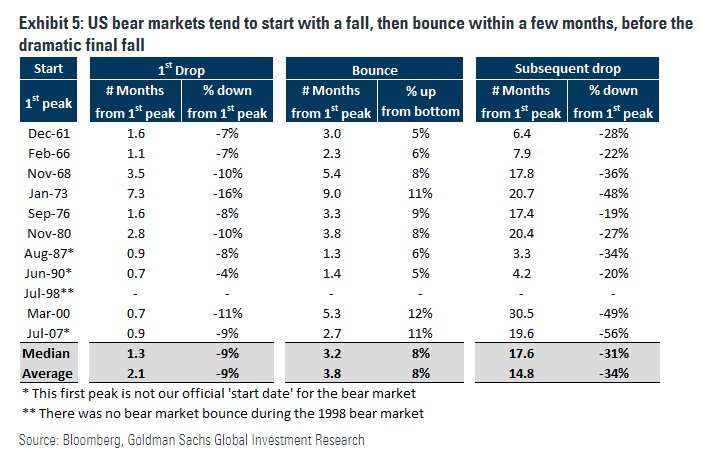1) Work permit calculations are based on the points formula from this site -
https://t.co/sjqx8Df7Zg As things stand, while this article deals with England, the system applies to Scotland also.
The goal is 15 points and the article shows various ways to get there. Essentially, play regularly internationally or in a top 5 league and you’re in. But read the article because it’s a bit trickier than that.
2) There are elements of this I’d dispute. For example, here’s the banding of leagues and, lower down, it’s an absolute mess - Denmark (ranked 14 in coefficient table) and Serbia (16) banded lower than Croatia (20), Greece (18) and Czechs (19)? It’s wholly random.
I get the point that leagues should be banded, but there doesn’t seem to have been loads of sense applied to how these things are actually banded, rather they’ve just shoved a bunch of leagues together and hoped for the best.
With the best will in the world, the Slovenian league (31 in the coefficients) should not permit you to get up to 5 more points than someone playing in Cyprus (15). That’s simply not a logical position to take.
3) The next issue is that the Scottish Premiership is a Band 3 league. The only way to get the 15 points from club football only in Scotland is to get points from European participation or play internationally or play 80%+ of your teams minutes. But, only EL/CL groups count.
In short, if you are a club not called Celtic or Rangers, your non-UK players need to play 80% or more of minutes to qualify to go anywhere. Last season (Excl Celtic and Rangers), only Alex Gogic, Vaclav Hladky, Niko Hamalainen and Laurentiu Branescu did that.
4) As such, it’s spreadsheet time - how would this new system apply to a) a couple of historic transfers
b) trying to sell those players to England now
c) Non-EU players moving to the league this past summer
Take a look...
https://t.co/ChFOOdwJ7D
It is genuinely interesting as, of the three historic transfers on there (Edouard, Barisic and Morelos), only Barisic would actually qualify to move to Scotland under this system. Even then, he poses the question of exactly what an international is as some of his apps...
...in the time period came in a friendly cup where Croatia played a league select not the full national side. Is context being taken into this? No idea, which leaves it open to abuse, particularly coming off a season where international football has been disrupted.
Apply it to this past summer and Barkas would be denied - plenty of domestic games for AEK but no credit for European apps and a low banded league limit what is possible to get. Conversely, Itten ended up playing most of Switzerland’s minutes so Auto-passes under the rules.
One more complication - loans. You get points for just being in a match day squad based on your league. If Jeando Fuchs had made the bench for Alaves last season (not even played), he’d have 12 points from that. As it stands, he gets 2 for band 6 because Israel is there.
In short, you get more credit for sitting on the bench once in a top 5 league that gets put in Band 1 than you do for playing every game in a Band 5 league or below. For young players, this is obviously a nonsense.
As an example, Chelsea’s GK Karlo Ziger (U23 team, 19yo, Croat) has been on the bench for one PL game and 3 CL games. Without playing a single minute of senior football, he qualifies for 17 points. Kristijan Kahlina (Croat, plays every game, international standard) would get 12.
Obviously, this has a few impacts which we’ll go into now but the main takeaway is if your club brought in a player from abroad in Summer 2020, well done, that’s possibly the last time they could.
Impact 1 is a positive - it should mean that English clubs (well, Championship and lower) shop more in Scotland for Scottish players, pushing up fees, unless English clubs find a workaround. If this system holds as is, they certainly will but it will take a couple of seasons.
Everything else is a negative - with English clubs sniping Scottish talent earlier (a la Gilmour) and more scouting the senior ranks, the standard of Scottish football will probably decrease purely as we’re less able to reject bids (thanks, COVID)
That’s all across the league. While smaller sides are unlikely to be able to work the system to their advantage, the same applies to Celtic and Rangers because the player pool available to them will be smaller. Morelos and Edouard wouldn’t have gotten a permit.
Also, if you buy foreign players now, they more or less HAVE to play. Even now, Edouard would barely qualify for a permit. Had he played 9 fewer EL minutes this season, he wouldn’t be eligible to sell to England. That’s nuts.
The big question is if this is in the SFA’s gift to alter or if it’s wholly controlled from the Home Office. The previous appeals system was, ultimately, brilliant for clubs given the qualifying criteria was essentially “do you think they’re any good”.
An obvious quick fix would be to sort domestic banding out - make it more logical (by tying it to coefficients) and treat it as comparative to Scotland rather than what it is, which is comparative to England.
The second is to make Exceptions panels permanent rather than just a feature of this window (which it is in England). Clubs should be able to appeal special circumstances for senior players if we want to continue continental progression.
Finally, make trade of non-UK players between UK clubs exempt from permit regulations. That means teams can operate in the short terms with a bit of security that all markets will remain open to them while we adjust.
So, there you have it. I hope that went some way to explaining the system as it pertains to Scotland. It is complex, nonsensical and puts clubs at a massive competitive disadvantage. Let’s hope the SFA can work it out.
Just to cc
@pieandbov and
@Nareystoepoker for whom I’m sure this thread is right up their street...























